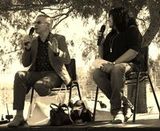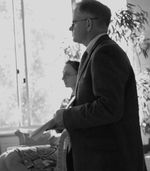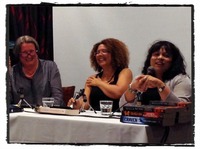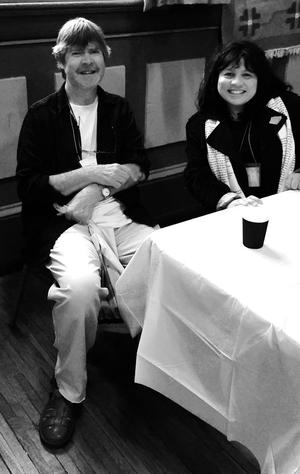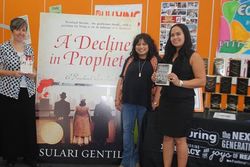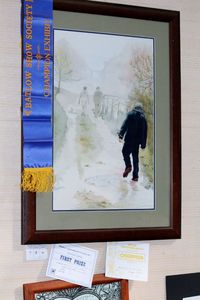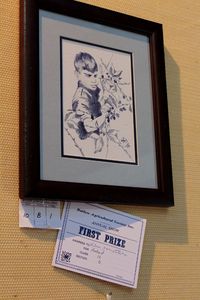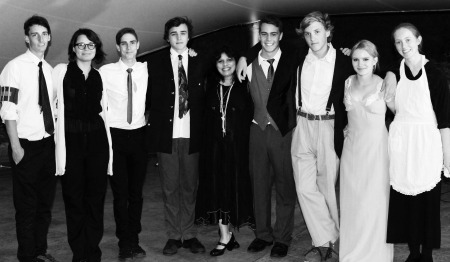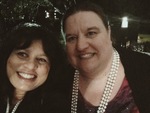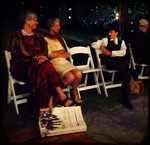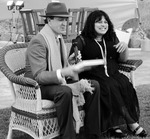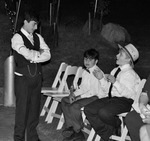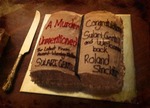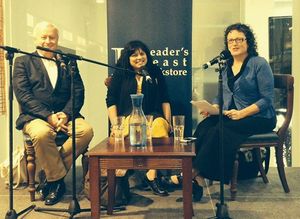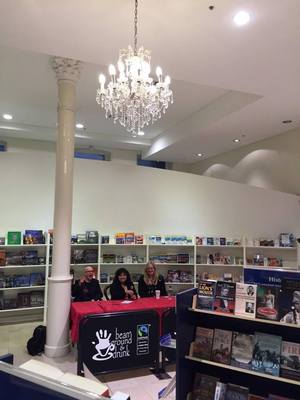Go Set a Watchman
 Tuesday, July 14, 2015 at 9:01AM
Tuesday, July 14, 2015 at 9:01AM Today Harper Lee’s first novel, Go Set a Watchman, is released in Australia.
The publication has been the subject of some controversy: initially over whether 89 year old Harper Lee was being unduly pressured to publish the book at all, and more recently, over revelations that, in this book, Atticus Finch has a darker side. According to reviews, Atticus, who has long embodied the best of mankind, attends a meeting of the Klan and expresses racist views.
To Kill a Mockingbird has been my favourite book since I read it as a twelve year old, and Atticus Finch my literary hero. I became a lawyer because of Atticus Finch, I became a writer because of what To Kill a Mockingbird meant to me and I named my son Atticus because I wanted him to have a name that represented integrity, courage and compassion.
And so when the early reviews revealed that Go Set a Watchman had altered the character upon whom I’d based the best intentions of my life, I was, like many, horrified.
I want to read Go Set a Watchman not just because Harper Lee is a truly magnificent writer, but because I want to support the second book of an author who has given me so much with her first. But now, it seems reading that book might break my heart. I have for the past days, since the New York Times review first came out, vacillated between desperately wanting more of Lee’s writing and instinctively needing to protect the Atticus Finch I’d grown up with. For some time my need to keep To Kill a Mockingbird and its characters unsullied looked like it might prevail. But then I remembered what it was to be a writer.
To Kill a Mockingbird was reportedly written at Harper Lee’s publishers’ request when Go Set a Watchman was rejected. Essentially To Kill a Mockingbird was a rewrite of Lee’s original story, a refocusing to make adult Jean Louise’s childhood memories central to a new novel. But Go Set a Watchman was what Lee originally wrote, what she originally wanted to say.
Like many wordsmiths, I too have manuscripts in the drawer that have never found a home for a variety reasons. Indeed, I suspect my best work lives in that drawer. The bizarre thing about such manuscripts is that they call to you from the dark place to which you’ve consigned them, they demand their chance the sun. But of course that is not always in an author’s ability to grant. Those decisions are made by publishers, marketing, readerships, bottom-lines and the zeitgeist of the moment.
I wonder if Go Set a Watchman called to Lee all these years. I think I understand then, why at 89 she would risk the legacy, the worldwide adoration of Atticus Finch, to give her first born a chance to make is own friends in the world.
I was a child when I read To Kill a Mockingbird and perhaps then I needed a hero, needed to believe that there were men like Atticus Finch as I read him to be. I’m older now. Perhaps I can bear to be disillusioned.
PS: For the record, and in case anyone is worried, none of the manuscripts in my drawer include a story in which Rowland Sinclair joins the Klan.
 Go Set a Watchman,
Go Set a Watchman,  Harper Lee
Harper Lee  Email Article
Email Article 

